Question
Question: In which of the following, do all the carbon atoms not have the same hybridisation? (This question...
In which of the following, do all the carbon atoms not have the same hybridisation?
(This question has multiple correct options)
A.
B.
C.
D.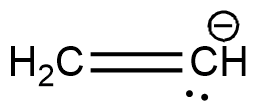
Solution
Hybridisation is the process of mixing the atomic orbitals of an atom to form a new set of identical orbitals called hybrid orbitals. The hybrid orbitals possess equivalent energy and shape.
Complete step by step answer:
In organic chemistry, a carbon attached via a single bond is sp3 hybridised. Carbon attached via double and triple bonds are sp2 and sp hybridised respectively. Also carbocation and carbon free radicals are sp2 hybridised. A carbanion is sp3 hybridised. Now let us discuss the hybridisation of each carbons in the given four options.
A.
The structure of this compound can be drawn as,
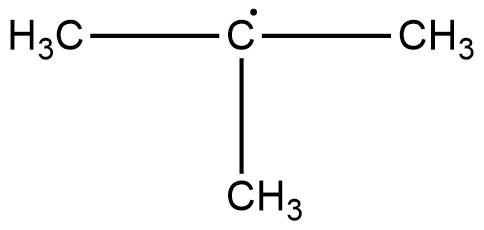
The three CH3 carbons are sp3 hybridised. These carbons are attached to four other atoms. The free radical carbon is sp2 hybridised. It is surrounded by three other groups. Hence hybridisation of all the carbon atoms are not the same.
B.
The two CH3 carbons are sp3 hybridised. The remaining is a carbon containing a negative charge. It is a carbanion. Carbanions are sp3 hybridised. Hence all the carbons have the same hybridisation. Structure of this compound is shown below.
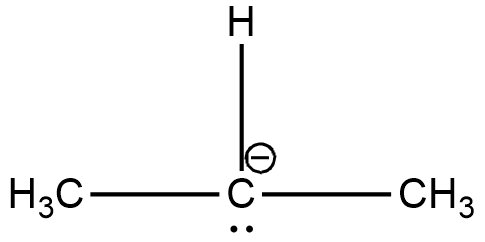
C.
Structure of this compound is,
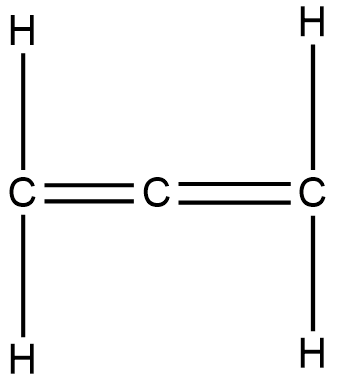
In this structure, the terminal carbons are attached via double bonds. Hence they are sp2 hybridised. But the central atom is attached to two other atoms via two double bonds. Hence it is sp hybridised. Hence hybridisation of all carbons are not the same.
D.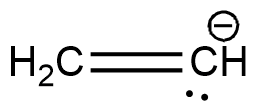
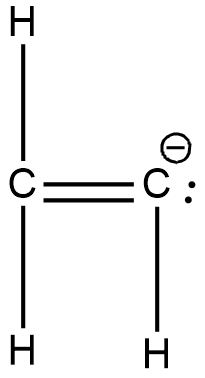
Both carbons are attached via a double bond. Hence they are sp2 hybridised. All carbons have the same hybridisation.
In options A and C, all carbons do not have the same hybridisation. Hence correct options are A and C.
Note:
Hybridisation of carbon can be found using the number of atoms or groups to which it is attached. sp3 carbon will be surrounded by four groups. Similarly, sp2 and sp carbons are surrounded by three and two groups respectively. We can solve this question using this point also. Lone pair is also counted as an electron group.
